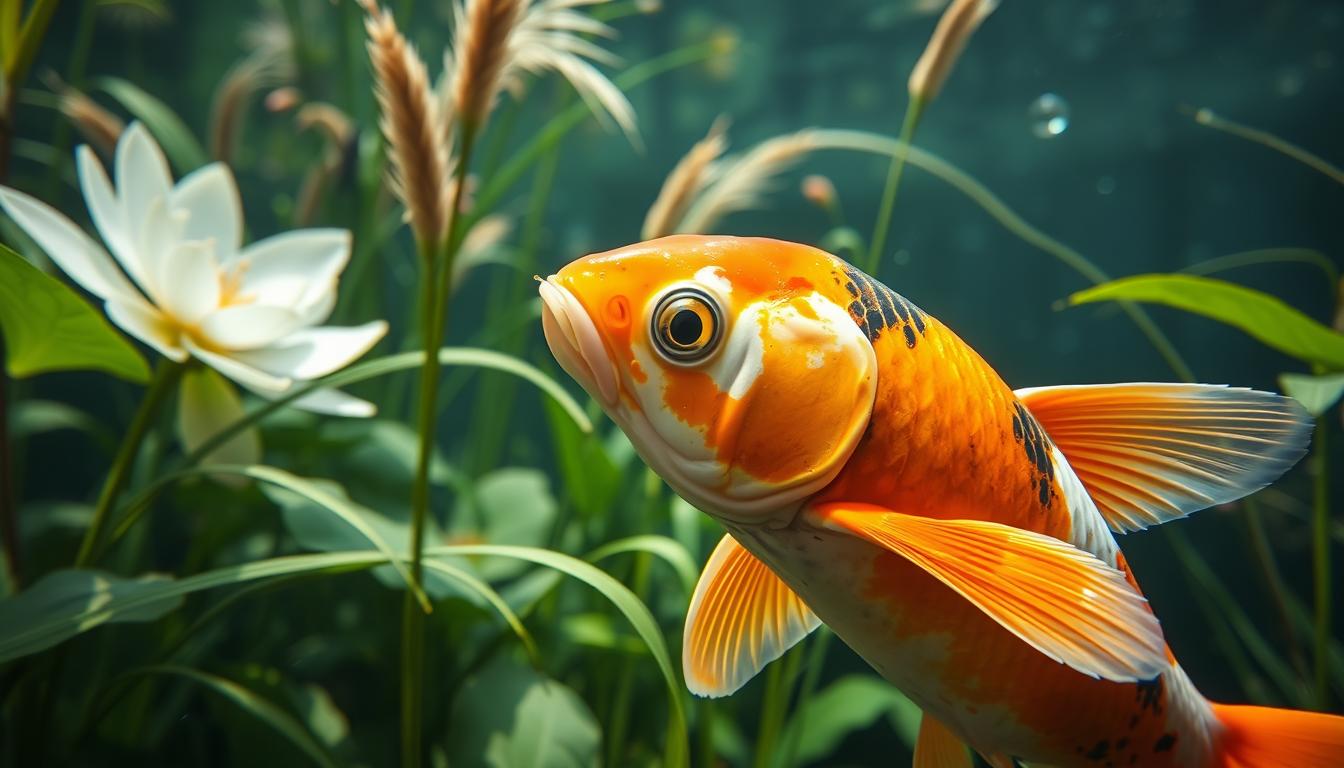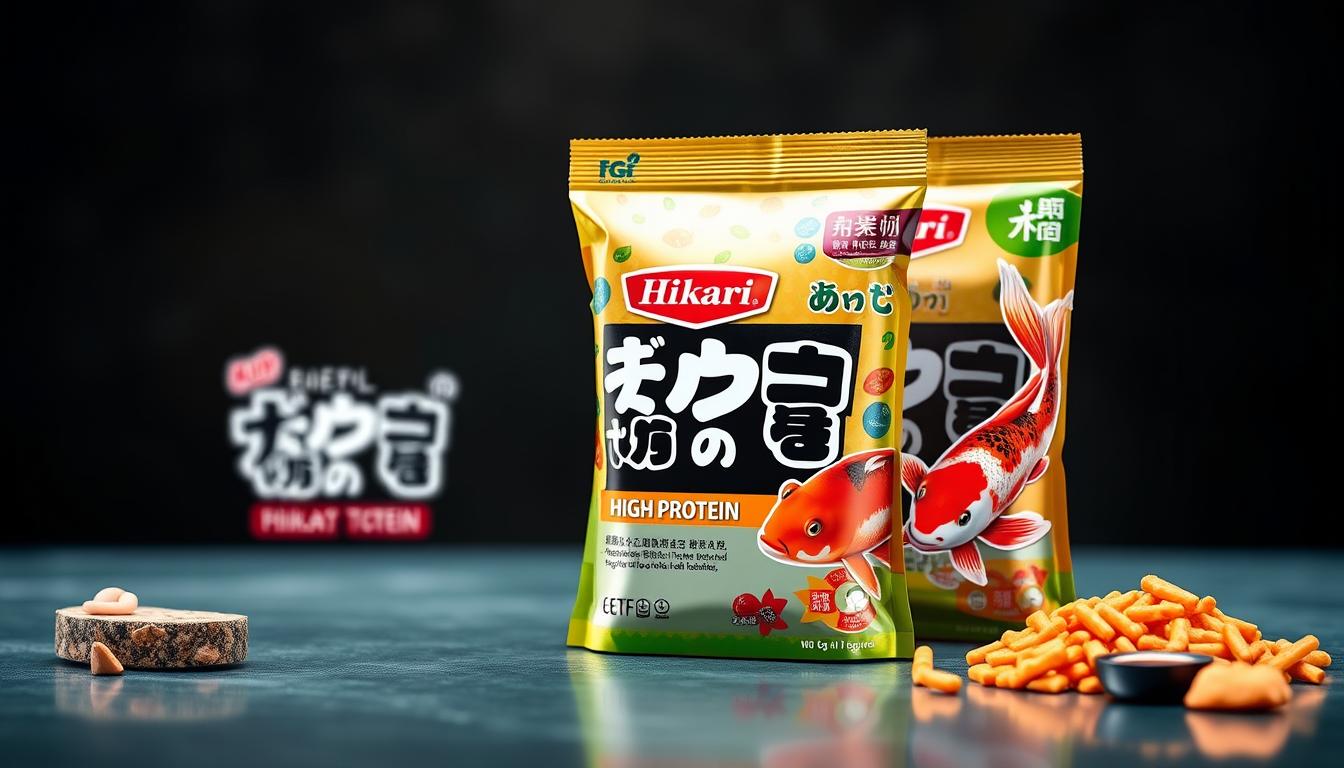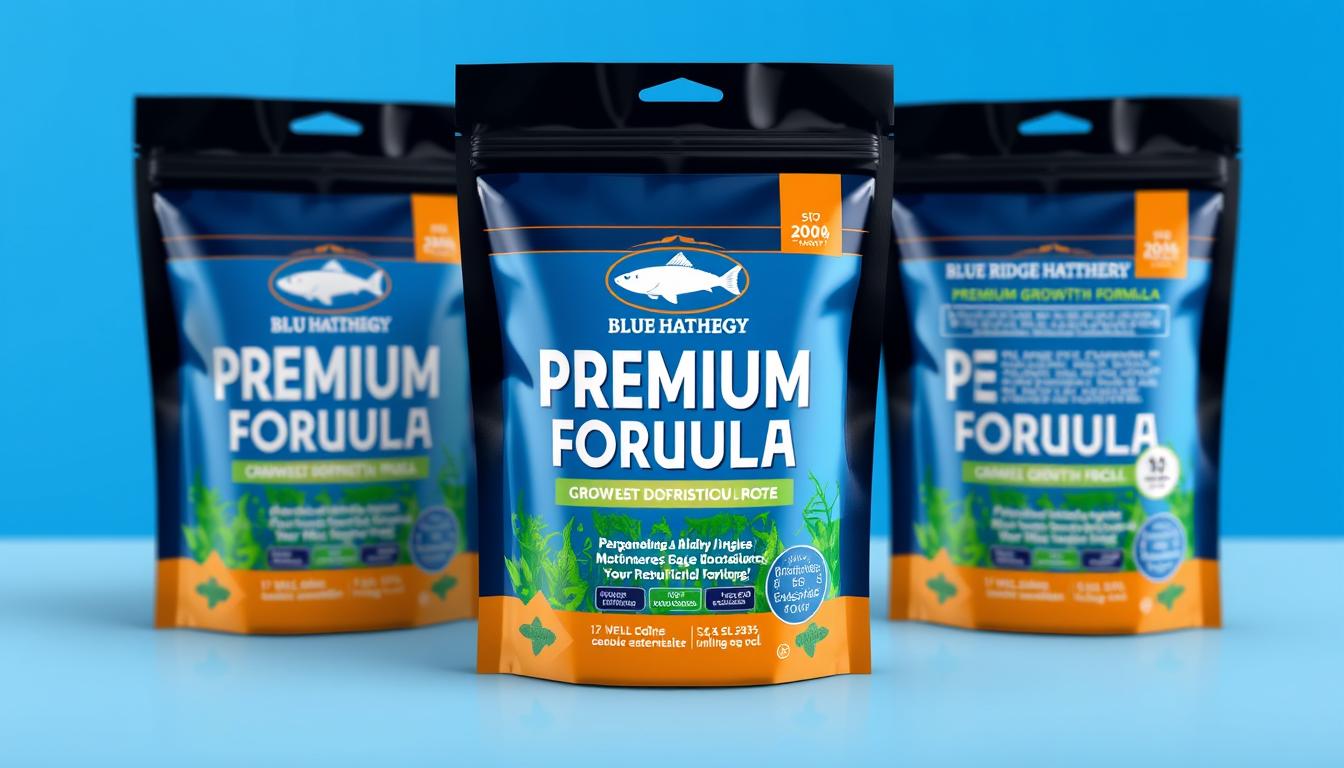Are Mealworms Good for Koi Fish? Exploring Protein-Rich Supplements
This post may contain affiliate links.
Koi enthusiasts know that maintaining a healthy pond ecosystem is crucial for the well-being of their beloved fish. A balanced diet is essential to keep koi vibrant and thriving. With various food options available, from The Pond Guy to Hikari koi food, choosing the right nutrition can be overwhelming.
Protein-rich supplements like mealworms are gaining popularity among koi keepers. But are they a good addition to a koi’s diet? This article explores the nutritional benefits of mealworms and how they compare to commercial food formulations.
Key Takeaways
- Koi require a balanced diet to maintain their vibrant colors and overall health.
- Protein supplements like mealworms can enhance a koi’s diet.
- Understanding the nutritional requirements of koi is essential for their well-being.
- Commercial koi food products offer high-protein formulas for optimal fish health.
- Seasonal considerations play a crucial role in koi nutrition.
Understanding Koi Fish Nutritional Requirements
Koi fish have specific nutritional needs that must be met to ensure their health and vitality. A well-balanced diet is crucial for maintaining the overall health and well-being of koi fish in pond environments.
Essential Nutrients for Healthy Koi
Koi fish require a diet rich in proteins, carbohydrates, fats, vitamins, and minerals. Protein is particularly important, with requirements ranging from 32-38% during growth periods. Wheat germ-based foods are beneficial for koi digestion, especially during transitional weather periods.
Seasonal Feeding Considerations
Seasonal changes significantly impact koi metabolism, requiring adjustments to feeding frequency and food composition. During warmer months, koi are more active and require higher protein content foods. In contrast, winter feeding strategies involve reduced feeding or specialized cold-weather formulations when water temperatures drop below 50°F.
| Season | Nutritional Requirements | Feeding Strategies |
|---|---|---|
| Spring | Higher protein for growth | Easier-to-digest formulations |
| Summer | High protein content | Feed frequently |
| Fall | Easier-to-digest formulations | Adjust feeding frequency |
| Winter | Reduced protein, cold-weather formulations | Reduce or stop feeding below 50°F |
Mealworms as Protein Supplements for Koi Fish
Mealworms are gaining popularity as a nutritious supplement for koi fish, providing a rich source of protein. These larvae are not only a convenient food source but also offer numerous nutritional benefits that can enhance the overall health and well-being of your koi.
Nutritional Benefits of Mealworms
Mealworms are an excellent source of protein, containing approximately 45-55% protein by dry weight. They are rich in essential amino acids that support koi growth, immune function, and color development. The nutritional profile of mealworms makes them an ideal supplement for koi fish, promoting healthy development and vibrant coloration.
| Nutritional Component | Value in Mealworms | Benefit to Koi Fish |
|---|---|---|
| Protein Content | 45-55% | Supports growth and development |
| Essential Amino Acids | Rich in vital amino acids | Enhances immune function and color |
How to Properly Feed Mealworms to Koi
To maximize the benefits of mealworms, it’s crucial to feed them correctly. Mealworms can be fed live, dried, or freeze-dried, each offering different benefits. Live mealworms stimulate natural hunting behaviors, while dried or freeze-dried mealworms provide convenience. It’s essential to introduce mealworms gradually and in moderation, ensuring they constitute no more than 10-15% of the koi’s total diet.

Top Koi Fish Food Products with Protein-Rich Formulas
Providing koi fish with a nutritious diet is key to their overall well-being and longevity. Commercial koi food products offer specially formulated nutrition profiles that can be difficult to achieve with supplements like mealworms alone.
Hikari High-Protein Koi Food
Hikari’s high-protein koi food is renowned for its scientific formulation that promotes vibrant coloration and healthy growth in koi fish.

Overview
Hikari High-Protein Koi Food is designed to meet the nutritional needs of koi fish, promoting healthy growth and coloration.
Pros
This food is formulated with high-quality ingredients and is known for its effectiveness in enhancing koi health.
Cons
Some users may find the pellets to be on the larger side for smaller koi.
Features
Hikari High-Protein Koi Food contains stabilized vitamins and minerals and is available in various pellet sizes.
Blue Ridge Fish Hatchery Premium Growth Formula
Blue Ridge Fish Hatchery’s Premium Growth Formula contains a balanced blend of proteins and nutrients specifically designed for optimal koi development.

Overview
This formula is designed to support the healthy growth and development of koi fish.
Pros
It is rich in nutrients and promotes healthy coloration and growth.
Cons
Some users report that the pellets can be messy, leading to water quality issues if not managed properly.
Features
The formula includes wheat germ for improved digestion, especially during seasonal transitions.
Mazuri Koi Premium Food
Mazuri Koi Premium Food is formulated by nutrition experts who understand the unique dietary requirements of ornamental pond fish.

Overview
Mazuri Koi Premium Food is designed to meet the specific nutritional needs of koi fish, supporting their overall health.
Pros
This food is known for its high-quality ingredients and balanced nutrient profile.
Cons
It may be more expensive than some other koi food products on the market.
Features
Mazuri Koi Premium Food contains a balanced blend of proteins and other nutrients, and is available in various pellet sizes to accommodate different-sized koi.
Conclusion: Optimizing Your Koi Fish Diet
A balanced and nutritious diet is key to keeping your koi fish healthy and vibrant. To achieve this, use high-quality commercial pellets as the foundation and supplement with protein-rich foods like mealworms.
Adjust your koi’s diet seasonally, considering their life stage and water temperature. Monitor their response to dietary changes, looking for improvements in color, activity, and growth. Proper nutrition, combined with good water quality and pond maintenance, ensures the overall well-being of your koi fish.
